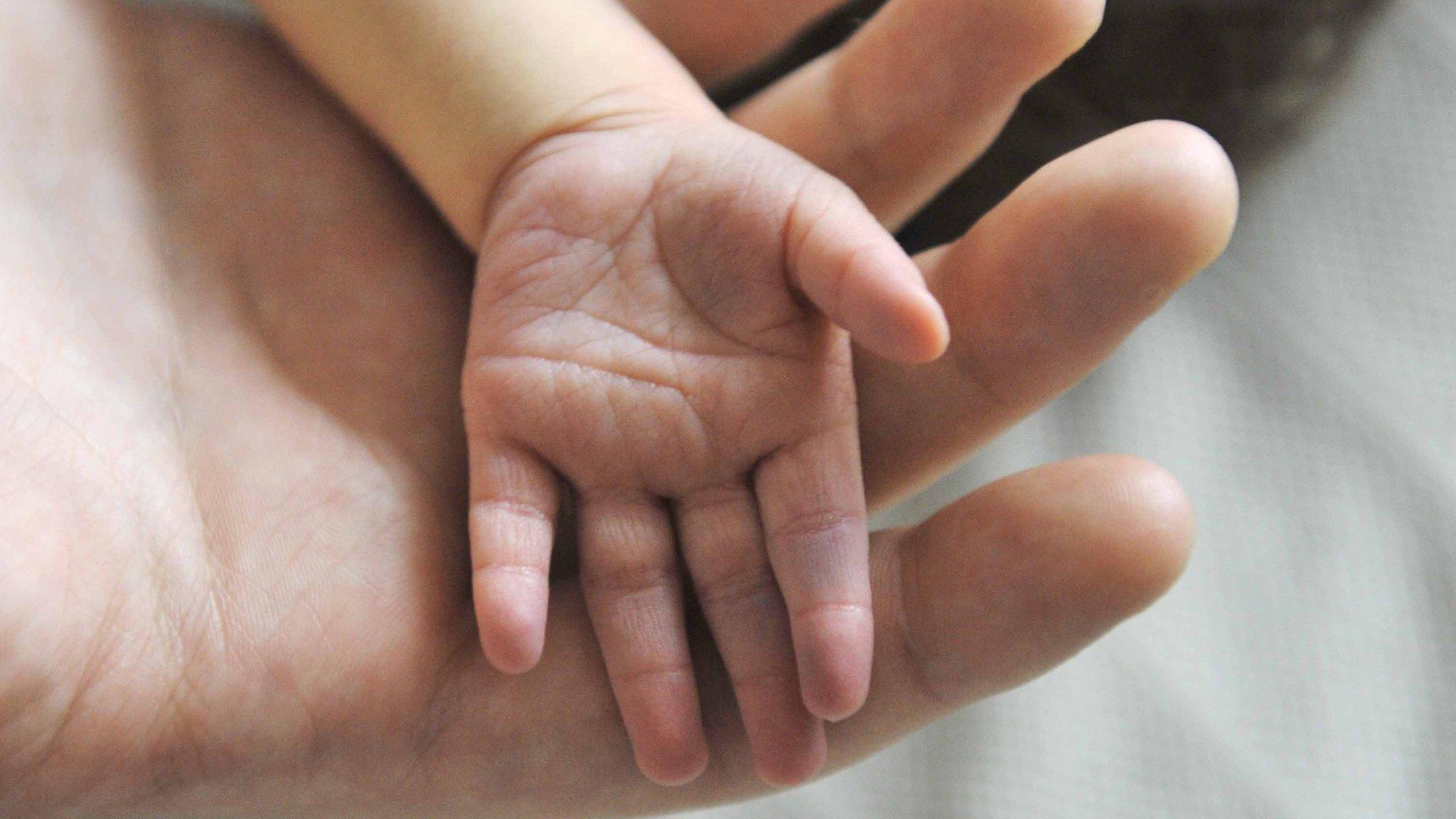Changes recommended to Caithness maternity services
- Published
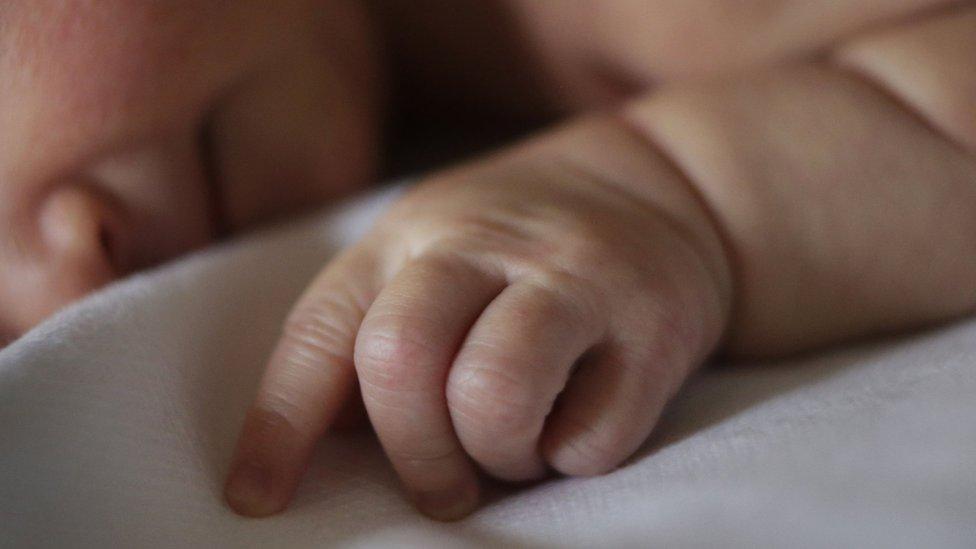
Complicated pregnancies could be handled at Raigmore Hospital in Inverness
Maternity services at Caithness General Hospital in Wick should move to a midwife-led unit, a new report has recommended.
NHS Highland reviewed the services following the death of a newborn baby at the hospital's unit last year.
The report on the internal review, external suggests most births at the hospital can be handled by midwives.
Where complications do arise during a pregnancy, women would be transferred to a "strengthened" unit in Inverness.
But a Caithness mother-of-two Kerry Mackenzie has told BBC Radio Scotland that the suggestion that Caithness General moves to a Community Midwife Unit (CMU) was "shocking".
'Traumatic experience'
She said a consultant at the Wick hospital played a part in saving the lives of her and her daughter and described giving birth to her second child in hospital in Inverness as "traumatic".
The newly-released report on the health board's internal review said that where there were complications with a pregnancy, women would be taken 102 miles (165 km) to Raigmore Hospital in Inverness.
The report said this change would improve the safety of both newborn babies and mothers during labour and birth for the population of Caithness and neighbouring Sutherland.
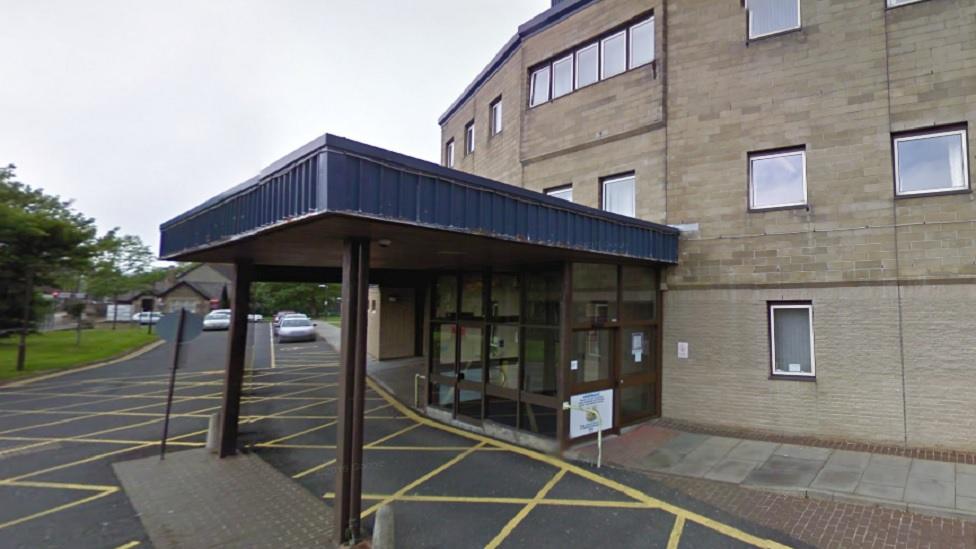
A review of maternity services at Caithness General was triggered by a baby's death
The review estimated there were about three births per week being delivered in Caithness General and that the majority of these could be supported by midwives and did not require the intervention of an obstetrician.
The report has also recommended the "strengthening" of Raigmore Hospital as a hub.
This would allow its staff to provide 24-hour-a-day obstetric, neonatal and senior midwifery support to all the CMUs and community midwifery teams across NHS Highland's North Highland Health and Social Care Partnership, including Caithness and Sutherland.
'Felt isolated'
NHS Highland's director of public health and policy, Prof Hugo van Woerden, conducted the review.
It included input from external experts in obstetrics and gynaecology, paediatrics and midwifery.
Prof van Woerden said: "Before commenting on the finding of the report I want to put on public record that local people have been uppermost in my mind.
"In conducting the review, what I was hoping to achieve was to provide impartial and undisputable evidence that will help people make informed decisions.
"I hope the findings show that there are ways of providing a safer service in Caithness and significantly reduce something similar ever happening again.
"But at the same time, it should also be possible to make sure that the vast majority of antenatal, gynaecological care and community paediatrics are still provided locally."
He added: "While the board has still to take a decision, I would like to reassure local women, who may already be pregnant or thinking about starting a family, that since October last year Caithness General has, in effect, been acting as Community Maternity Unit.
"The model works well in other parts of Highland and has proven to be safer."
'Very lucky'
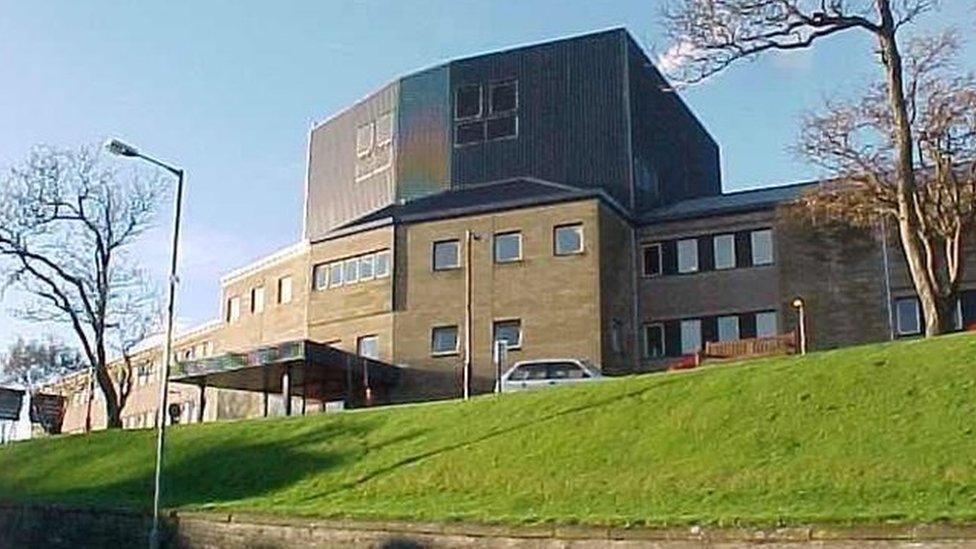
It has been recommended that a Community Midwife Unit be established at Caithness General
Mrs Mackenzie told BBC Radio Scotland she has campaigned for the upgrading of health services in the far north.
Because of her condition during her first pregnancy, she was due to have been taken to Raigmore but this was not possible because the A9 road south to Inverness was blocked and air ambulances had been diverted to a major road accident in Glasgow.
Her daughter was delivered at Caithness General.
Mrs Mackenzie said: "We were very, very lucky. If it had not been for the consultant and gynaecologist there in Wick we would not be here today."
She described the birth of her second child, a boy, at Raigmore as "traumatic".
She said: "I felt isolated down there. My family could not readily be there. If he had been my first I would not have had another baby."
'Paramount concern'
Gail Ross, MSP for Caithness, Sutherland and Ross, said she met the health secretary, Scotland's chief medical officer and the head of the Scottish Ambulance Service earlier this week to discuss services for expectant women in Caithness.
She said: "The focus now has to be on NHS Highland to deliver on the report's recommendations.
"The board must ensure safe, reliable, and properly-equipped patient transport is in place. They must also deliver high-quality training and improvements of services in Raigmore for mothers, babies and families.
"Staff need to be adequately supported, if this transition takes place.
"We have excellent midwifes and support staff in NHS Highland, they are highly valued and their expertise and knowledge must be drawn on, whatever model is decided on by the NHS Highland board."
Ms Ross added: "The safety of local women and their newborns must be our paramount concern, and we must all work together to ensure the best care for those using the service in Caithness and Sutherland, and across the Highlands."
Last year, NHS Highland said the death of the newborn baby was "potentially avoidable" if there had been "more timely and immediate access" to advanced support in Inverness.
NHS Highland said an initial review of the incident had found no failings in the care provided by individual staff.
But it added that "a number of issues concerning the current arrangements and protocols for neonatal paediatric risk assessment and support" needed to be reviewed "to ensure the safety of both mothers and newborn babies in the future".
- Published24 October 2016
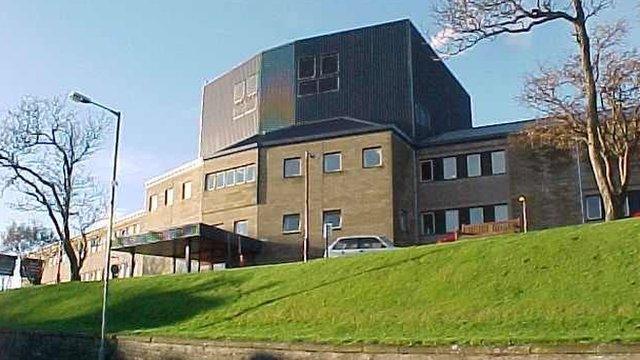
- Published11 December 2015
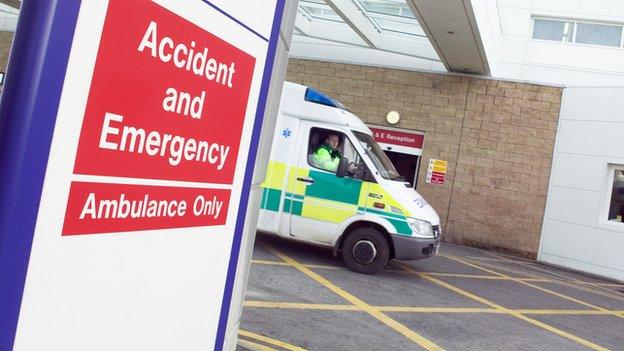
- Published1 October 2015
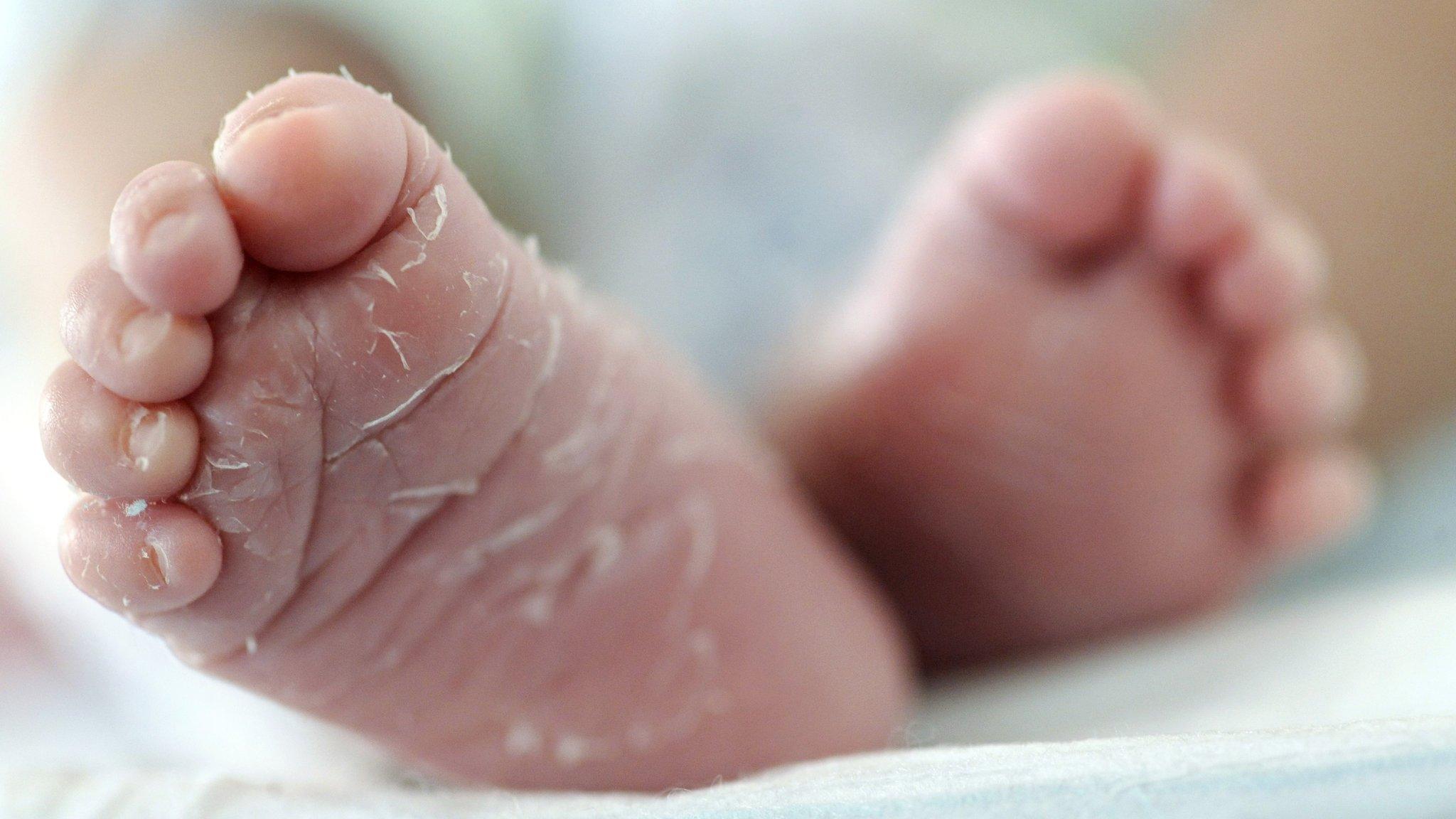
- Published8 September 2015

- Published11 February 2014
